What can One Call do for your business?
Whether you’re a self-employed tradesman, you own the local café or you’re at the helm of a growing national retail empire; it’s important to ensure you safeguard the future of your business with a commercial insurance policy (sometimes also referred to as business insurance).
It might not be a legal requirement, but a good commercial insurance policy will protect your business from all kinds of unforeseen and potentially devastating eventualities. For example, a robbery, fire, accident, defective product, rogue employee and more.
Depending on your business, circumstances and insurance provider, you might be able to claim for things like legal expenses, compensation, and loss of income, additional staff costs, rent and more, if one of the above scenarios should arise.
Types of Business Insurance...

Tradesmen
Our Tradesmen insurance provides cover for professions like Plumbers, Plasterers, Electricians, and Builders.

Shop & Salon
Shop and Salon insurance is ideal for independent shop owners as well as localised, regional and nationwide multi-location retail chains.

Self-employed Professional
We offer specialist insurance for self-employed professionals too, such as hairdressers, party planners and even face painters.

Hotel & Guesthouses
Specialist commercial insurance is available for hotels, B&Bs, guesthouses, hostels and businesses of a similar nature.

Property Owners
Property owners insurance is ideal for residential and commercial landlords. This includes single property owners as well as those with small, medium and large property portfolios.

Office & Surgery
Office and surgery insurance provides cover for doctor’s surgeries, dentists and vets, but also accountancy firms, marketing agencies, sales offices and more.
Commercial insurance cover options
There are many different types of cover that can be specified under a commercial insurance policy. Some of the most common are:
Public liability insurance - Public liability insurance provides protection against the risk of third-party claims arising from accidents or damage caused by your business. It covers things like resulting legal fees and compensation.
Professional indemnity insurance - Professional indemnity insurance protects you against the risk of financial loss resulting from your business having provided inadequate advice, consultancy or services to a client.
Employer's liability insurance - If you employ one or more people, you are required by law, to hold a valid employer's liability insurance policy. It provides cover for financial loss resulting from claims of work related illness or injury brought against you by an employee.
Stock insurance – Stock insurance ensures you aren’t left with a huge financial burden should your stock be damaged, destroyed or stolen. It’s essential cover for a whole host of businesses – retailers, pubs, suppliers and wholesalers – included.
Product liability insurance - Product liability insurance provides cover for expenses relating to a claim for personal injury or property damage caused as a result of a defective product that was either designed, sold or supplied by your business.
Business interruption - Business interruption insurance offers protection against the risk of your business being unable to trade as a result of a fire, flood, theft and more. It covers things like loss of revenue, rental income and additional staff costs.
Buildings insurance - Commercial buildings insurance covers the bricks and mortar construction of your business premises. It's generally the responsibility of the property owner/landlord and not the occupying business.
Legal protection - Legal protection covers the cost of legal expenses associated with legal action being taken by or against your business. It covers things like employee disputes, property damage, nuisance and trespass.
Directors & officers insurance - Directors and officers insurance provides protection against financial loss resulting from claims being brought against a company director and in some cases, a senior manager. It covers things like legal expenses and compensation.
Tip: The terms of an individual commercial insurance policy will vary based on the insured business and the insurer providing a quote among many other factors. You should therefore read the policy terms and any other relevant documentation thoroughly before buying commercial insurance.
Our large panel of insurance providers will give you the best price
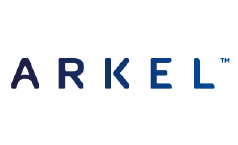


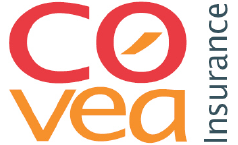
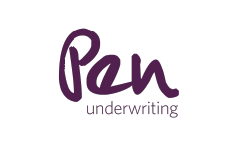

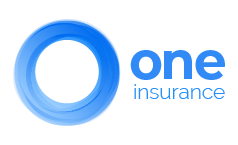

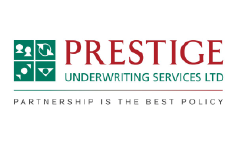

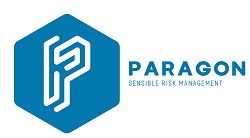

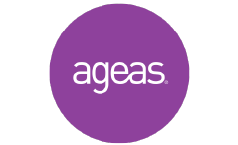
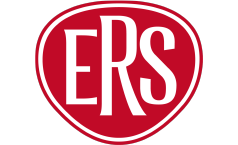

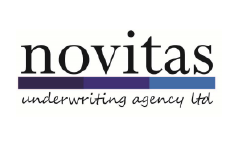
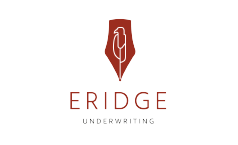




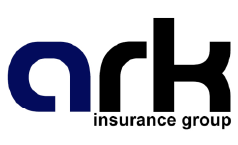
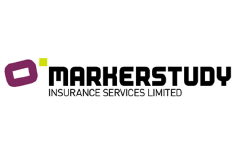
Further information...
Your business insurance documents are emailed out to you on inception of the policy, or posted if you have requested for documents to be sent in this way.
You can also find copies of documents on our website, by visiting the Policy Documents page.
Commercial insurance isn't required by law, with the exception of Employers' Liability Insurance in cases where your business employs one or more people. However, insuring your business against the risk of rogue employees, personal injury, defective products, inadequate advice and more is essential to ensure you aren't hit with hefty and unexpected expenses resulting from a claim.
Commercial insurance isn’t simply a one size fits all exercise. Every business is unique and commercial insurance is therefore calculated based on a ratings system that takes into account a whole host of factors. These include, but are by no means limited to: location(s) from which the business operates, what industry it operates in, what products or services it provides, how it delivers those products or services, how many staff are employed by the business along with many others.
There are a whole host of things you can do to ensure you don’t overpay for commercial insurance, such as:
Each agency has its own methodology, but ratings are usually organised on a scale based on letter grades to indicate the degree of credit risk. For example, an ‘A’ rating means that the insurers have an excellent ability to pay out claims, while a ‘C’ rating means that the insurer has a weak ability to pay out claims.
Some unrated insurers have been trading in the United Kingdom for many years, and so failure is not seen as likely, but this is not any sort of guarantee and such firms can fail given the appropriate combination of circumstances. However, just because an insurer is rated does not mean they cannot get into difficulty.
- Unrated insurers may be based overseas and outside the influence of UK regulation. The home state regulation they are subject to may be less intrusive, less rigorous or a lighter touch than that of the UK Prudential Regulation Authority (PRA) / Financial Conduct Authority (FCA).
- In the event of an overseas insurer failing, claims may have to be directed to an overseas equivalent of the UK Financial Services Compensation Scheme (FSCS), and this may bring delays in dealing with the claim.
- Unrated insurers lack independent corroboration of the quality of their current financial stability. As your Insurance Broker, we carry out monthly due diligence checks on our entire panel of insurers, Underwriting Agencies & Managing General Agents and the underlying insurance provider. We are confident in the panel we choose to do business with.
- You may only be able to source cover from an unrated insurer due to your particular circumstances
- They may offer comparably lower prices than an alternative rated insurer
- There is no legal requirement for an insurer to be rated; brokers are not obligated to restrict placing business with rated insurers only